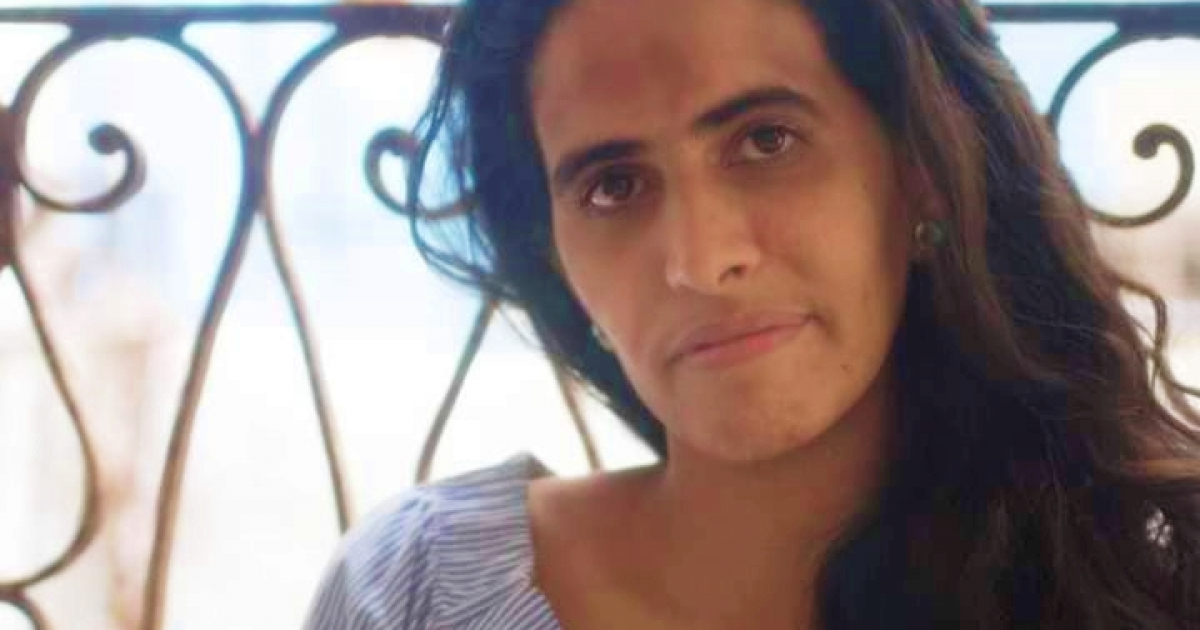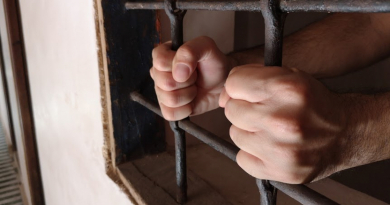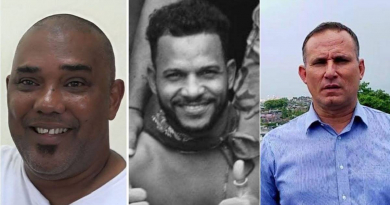
Anamely Ramos González is a Cuban art curator and activist. She was born on January 22. She is one of the most prominent faces of the San Isidro Movement (MSI) to which she belongs.
Graduated from the University of Havana with a degree in art history, she worked for twelve years as a professor and researcher at the Higher Institute of Art (ISA), from which she was expelled. Since January 10, 2021, she has been pursuing a PhD in Anthropology at the Ibero-American University (IBERO) in Mexico. Anamely herself stated that the repressors who harass her warned her that there was no future for her in Cuba and advised her “for her own good” to leave the country so that she would no longer be a problematic case for them.
Anamely was among the activists of the MSI who took refuge on November 16, 2020, at Damas 955, in Old Havana, demanding the release of the dissident rapper Denis Solís and advocating for freedom of expression, as well as the end of censorship and repression against anyone who holds an ideology independent of the Cuban government. On November 25, 2020, she announced her participation in the hunger strike being carried out by several of her colleagues.
In February 2021, Ramos was part of a representation of artists, activists, and representatives of Cuban civil society who participated in a virtual meeting of the European Parliament for freedom and an end to repression on the island. In addition, attendees included Yotuel Romero, Willy Chirino, jazz musician Arturo Sandoval, Gente de Zona, Maykel Osorbo, scientist Ariel Ruiz Urquiola, among others.
Anamelys is one of the activists who has most vocally opposed the management of the Cuban government through her Facebook page. She has labeled the acts of repudiation against Cuban activists as "state crimes" and has criticized the political-economic elite that clings to power in Cuba, which she refers to as " an ideology-free mafia that prevents the freedom and progress of the country and its citizens". Ramos advocated before the European Parliament for the legalization of independent projects and associations as a way to regenerate the social fabric that has been lost in Cuba, foster healthy working relationships, and create networks of solidarity without being left defenseless against state control.

